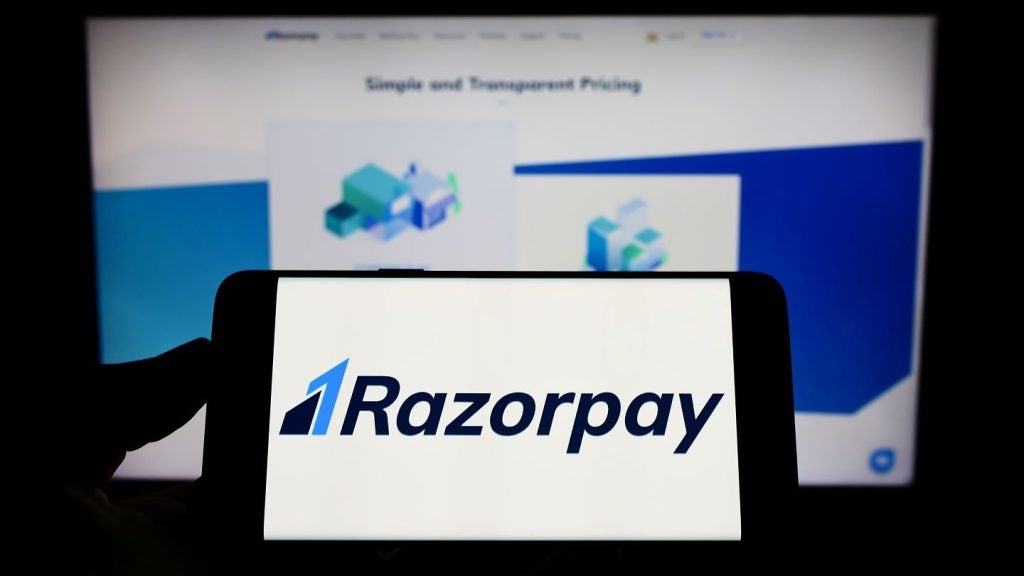A new study from UK information and
research provider RBR has found that, despite the best efforts of
banks, payment networks and governments to wean consumers off cash,
it remains the predominant retail payment method in Europe.
Cash payments accounted for 78 percent of
Europe’s 388 billion retail payment transactions in 2008, and the
total cost of distributing, managing, handling, processing and
recycling cash and of accepting cash payments was €84 billion ($115
billion). This was equivalent to 0.6 percent of Europe’s GDP, or
€130 per person.
However, the number of retail cashless
payments grew by over 160 percent between 2000 and 2008, to 87
billion transactions. Of these, 90 percent were in Western Europe,
10 percent were in Central and Eastern Europe and two-thirds were
in the eurozone.
RBR’s study argues that previous attempts to
justify the economics of cash substitution in Europe are no longer
relevant and instead it advocates a new approach based upon
establishing the business case for different players in the
payments market.
This new approach is especially relevant for
retailers, who ultimately decide which payment methods to accept
and incentivise and who provide much of the infrastructure for
accepting payments. A good illustration of this point is the
decision by many large UK retailers to stop accepting cheques.
Cash substitution will be driven by numerous
factors including the Payment Services Directive, the Single Euro
Payments Area (SEPA), payment card interchange fees and merchant
service charges. The study says that contactless cards and mobile
phones offer a large opportunity for increasing the number of
cashless payments, and it expects to see a significant increase in
the use of contactless cards in countries such as France and the UK
from 2010 onwards.

US Tariffs are shifting - will you react or anticipate?
Don’t let policy changes catch you off guard. Stay proactive with real-time data and expert analysis.
By GlobalDataCash to remain
predominant
The number of cash payments is
forecast to fall by 2.3 percent per year in Europe up to 2014.
However, despite this slow decline, cash will remain the
predominant payment method for some years to come, still
representing 63 percent of the continent’s 414 billion payments in
2014.
RBR’s findings are echoed by Visa Europe,
which recently published a report, The Future of Everyday Payments
in Europe. The report cited figures from the European Commission,
which found that the total cost to society of all payment methods,
including cash, cheques and payment cards, equated to 2 percent to
3 percent of GDP, with the vast majority of that figure attributed
to cash.
Another study by global business consultancy
McKinsey & Company estimated that society spends around €200
per person per year to cover the costs of cash, whereas the Dutch
central bank calculates a figure of €300 per family per year.
Visa Europe’s study stated: “Despite its
considerable costs and inefficiencies, cash continues to be our
most prevalent payment system, accounting for an estimated 80
percent of all European retail payments by volume.
“European citizens make an estimated 237
billion cash payments each year, equating to around a thousand
transactions per person.”
Visa Europe’s study also found that the cost
of processing and handling cash is a major component. On a
pan-European basis, McKinsey & Company puts the annual cost to
the industry at €26 billion, representing around 18 percent of the
combined operational cost base.
To complicate matters, there are various
estimates on the costs of accepting cash. The British Retail
Consortium stated that within the UK, the average cash transaction
costs €0.02, while the Swedish central bank puts the average cost
of a cash transaction at €0.25.
Another calculation from McKinsey &
Company suggests that for retailers in Europe, the cost of cash
equals on average 1.3 percent of the value of each cash
transaction.
|
Cost of cash |
||
|
European cash |
||
|
2008 |
2014 (e) |
|
|
Number of retail payment transactions |
388 |
414 |
|
Cash as % of retail payment transactions in |
78% |
63% |
|
(e) = estimated Source: RBR |
||







